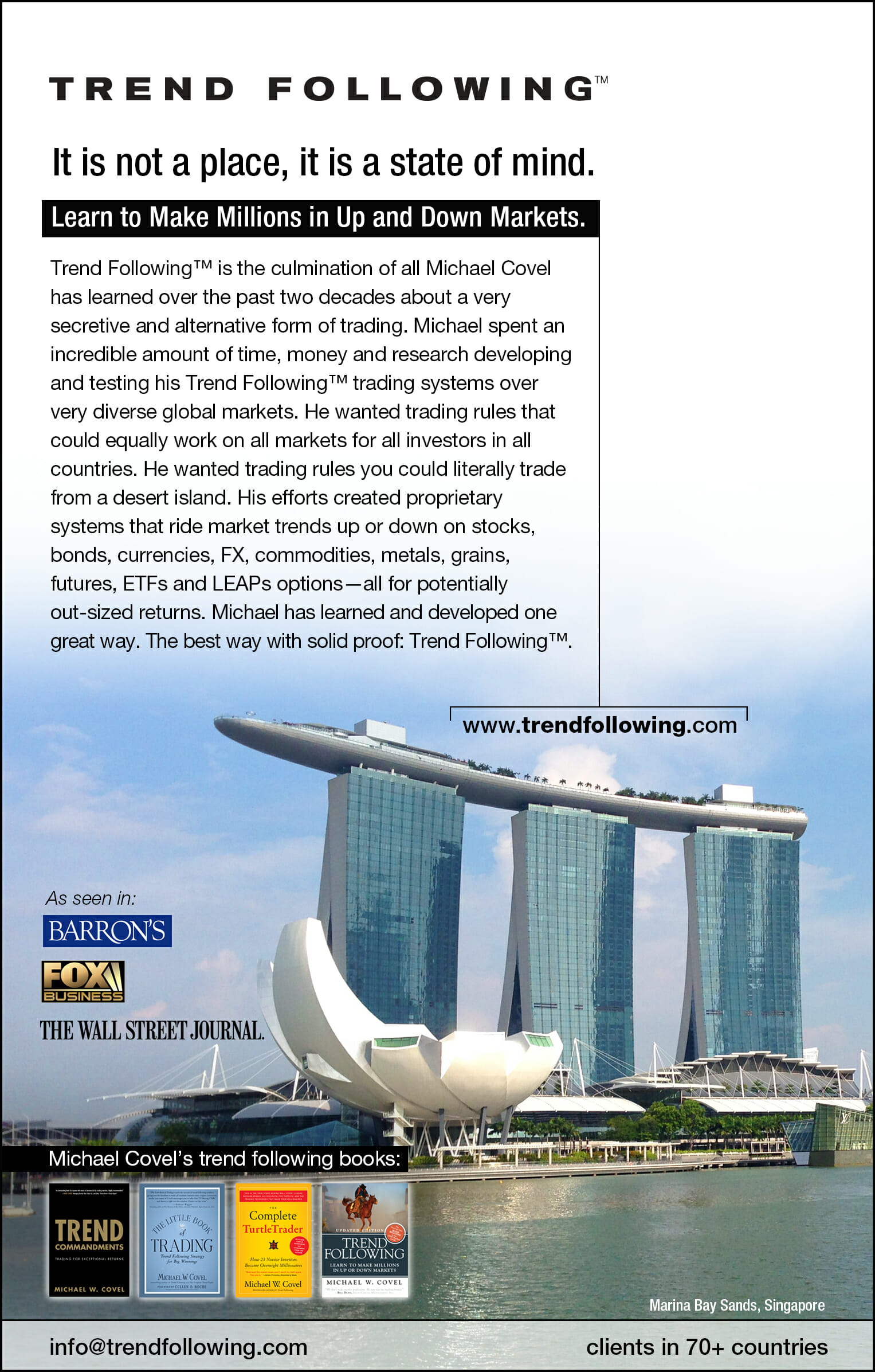Benoit B. Mandelbrot had this to say about price and portfolio theory:
The risk-reducing formulas behind portfolio theory rely on a number of demanding and ultimately unfounded premises. First, they suggest that price changes are statistically independent from one another… The second assumption is that price changes are distributed in a pattern that conforms to a standard bell curve. Does financial data neatly conform to such assumptions? Of course, they never do.
Are these two traders equal?
Suppose you have two traders each following the same trading system. The system produces a signal to buy Microsoft stock. The first trader initiates right when he must, based on the system, but for some reason, the second trader misses the signal. The market now goes up in the desired direction boosting the value of Microsoft stock. The second trader finally initiates and buys Microsoft stock, but obviously later than the first trader. Two questions: Should the second trader make the trade since he missed the signal the first time around? And if the second trader does, isn’t he still missing out on potential profit since he got in later than the first trader?
Now let’s say that, instead of just the same system, the two traders have the same amount of money. Two more questions: Doesn’t this scenario imply that the first trader who got in at the right time is risking more money since the second trader still got in the trade but did not have to do so as early as the first trader? Doesn’t the second trader have an advantage since he is risking less?
The answer to each of these questions is the same. Both traders are in the same position. Both have the same advantage. Great traders avoid personalizing their trading as it blinds them to the reality of what is actually happening in the market. The market is the market whether you participate or not, so personal circumstances don’t matter. Both traders are in the same situation, in the same market with the same position, with the same money and the same attitude. Why must these two traders act differently just because one has a slightly different past in terms of when he entered the trade?
What about timing and stops?
Followup: This article has caused some confusion among readers. Reader feedback:
- “But, timing is crucial.”
- “Stops are money management.”
Timing of entry is not the critical issue in overall trading success (it is maybe 10% of your overall success). Additionally, money management (which is widely misunderstood) is much more than stop placement. Placing a stop does not tell you how much to buy or sell.
Trend Following Products
Review trend following systems and training:

